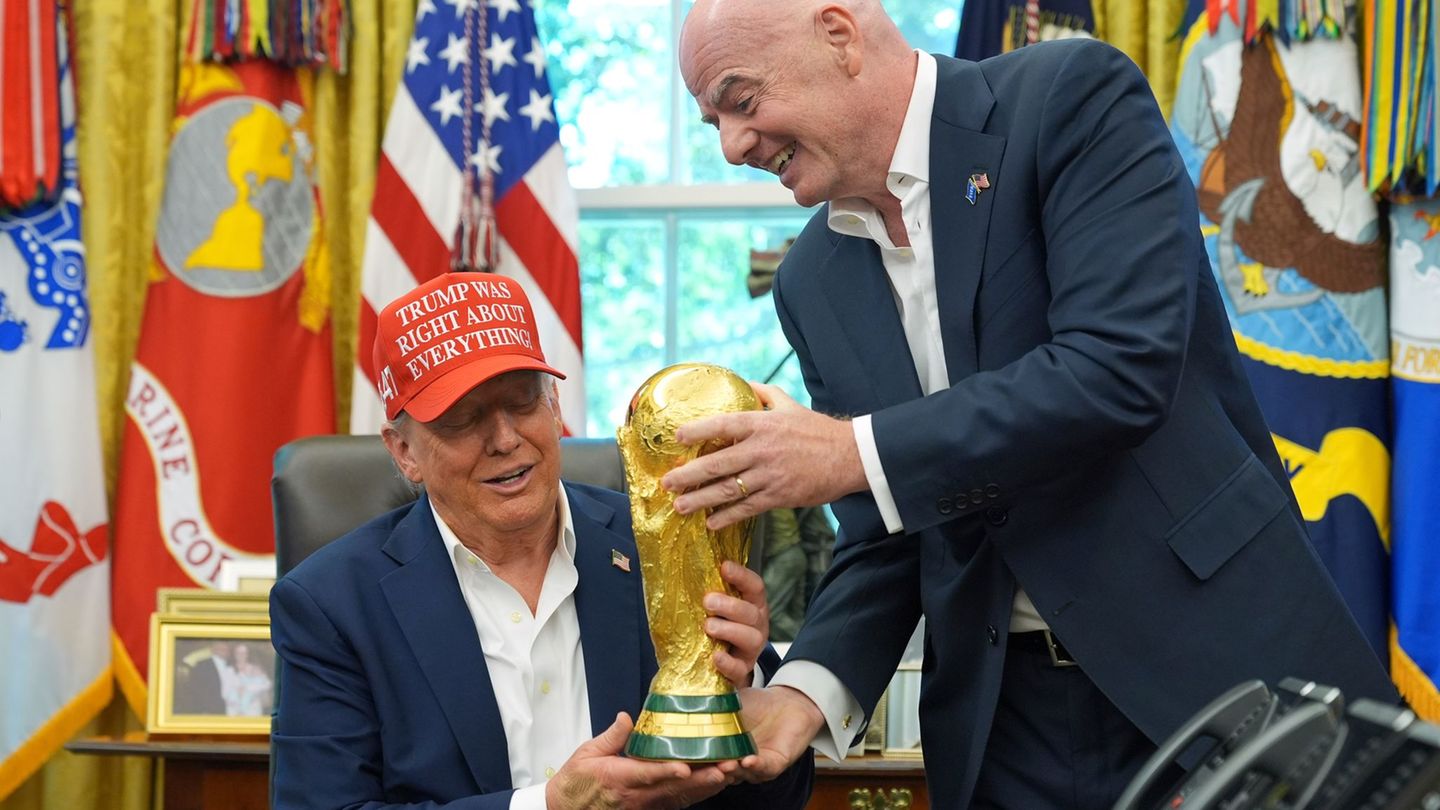Thinking and working on this position of the subject is essential to be able to get involved, understand and modify what does us harm, the matter is not easy since such involvement is literally surrounded by “not wanting to know.” Ignorance is a passion equivalent to love and hate. The passion for ignorance is a subjective position that is sustained by a conscious and unconscious decision of not wanting to know. Supported by denialism, it produces “careless” and “influenceable” subjects who put themselves and us at risk, often at the cost of non-stop anguish, due to the obscene repetition of what produces discomfort.
In the office or in everyday life we hear phrases like; “The same thing always happens to me, it’s my karma”, “I get the same men or women”, “I don’t want to know what’s wrong with me, give me a pill for anxiety”, “I haven’t been able to sleep for days, I must be eating a lot” , “you are the one who is distressed, not me”, “you are causing this to me”, “I don’t know, these types of relationships are always created”, “the same thing happens to me in all my jobs”. They are all colloquial phrases that reveal, a priori, that “ignorance” about what happens to us, about our involvement in what we do and decide in daily life; ultimately: about responsibility for our actions. This passion is linked to the compulsion to repeat, the “not wanting to know” encourages and pushes us to repeat over and over again what distresses us. To resolve and stop repeating, we must “want to know” something about our own truth. It is not about blaming anyone, in any case, about holding people responsible. This is getting involved and it is not a moral issue, it is an ethical decision.
At the collective level we can also find this mechanism of repetition and non-involvement. At the local level we can locate coups d’état, debt cycles from Rivadavia to the present, economic periods of prosperity and crisis, privatization and nationalization of strategic companies, and many other examples. We can trace it in the various ways we refer to the country. Phrases like “in this country it is always the same”, “in this country it is not possible”, “in this country there is no remedy”, by saying “this country” and not “our country”, for example, this detachment is made explicit, this disconnection from what is most personal. Place in the colloquial saying that it is our country It gives us a sense of belonging, it involves us and makes us responsible, it opens the game to what we may have something to do with these repetitions. It is very likely that when we manage to make the passage from “this” to “our”, we will be faced with the announcement that we have been able to change something.
From a different logic, but with the same aesthetics, the same thing happens in the corporate world, be it a junior manager or a CEO will have to fight daily against this passion to be a reliable decision-maker and not biased by not wanting to know.
The situated does not escape clinical diagnosis within the field of mental health. Take as an example what is called Panic attack, a term coined by Donald Klein in 1962 and later incorporated by the DSM of the Association of American Psychiatrists (North American), taken, almost literally, from the description made by Sigmund Freud in 1894. Freud had discovered early that the reference symptoms, taken and included in the current concept of Panic Attack, they belonged to the expression of anxiety. So, claiming to be going through a panic attack is not the same as “having” a Panic Attack, even though the same symptoms are apparently described. In the first case, saying that one is distressed implies me as a subject, “something happens to me” that “generates anxiety in me.” However, saying that one has a Panic Attack goes in the opposite direction of responsibility and cause. Something attacked me, foreign to us, foreign to the subject, disapplying it and favoring the medicalization of daily life (another sign of the times that I developed in previous articles).
Recapitulating, there are three passions of being: that of love, that of hate and that of ignorance; located by Lacan in The Analyst’s Desire. Continuing with the passion that summons us in this article, we could define ignorance as “the world’s sport preferred by humans.” A priori, we do not want to know, we deny and dedicate a lot of psychic energy to ignoring the internal and external reality that welcomes us. This mechanism does not distinguish social classes or educational levels. Being up to date with the times, with the malaise of culture, Freud would say, is the opposite position to not wanting to know.
Let’s take a sad example of how dangerous it is to maintain this position: what happened in the last military dictatorship. During this time, atrocities of all kinds were committed, which were denounced and shouted at in various public and private, national and international spaces. However, there was a “passionate” mantle of not wanting to know, singularly and collectively. Situation explained in the film Argentina 1985 2022. The trial, with its cruel testimonies, was difficult to assimilate, but it served as a balm of truth that broke with the engineering of the dictatorship, of forgetting and not wanting to know. It was, if I may say so, therapeutic. It is important to highlight this, because today, once again, there is an attempt to relativize what happened. Preaching and intertwining hatred with ignorance, a dangerous and explosive combination.
Another American film that satirically exemplifies what we are situating is Don’t Look Up (Don’t look up) of 2021. Demonstrating crudely and cynically that a society sustained on Ignorance and hatred are easier to submit to ideas and situations that play against their own interests, even to the extent of putting their own existence as individuals and as a civilization at risk.
Today there is an entire engineering of the colonization of subjectivity, we are bombarded with all types of advertising artillery, algorithms, social networks, and alternative and automated media of all types and colors. These are times to be awake, avoiding being unprepared or naive. Therefore, although we are on the path to building mental defenses against such an attack, there is still a long way to go, and the success of the company will require getting out of that fragility imposed by a passion that returns us all the time to our deepest alienation.
The trial of the boards and their condemnation have been a true balm with therapeutic effects for everyone, generating local and international repercussions, but something more is missing to close the duels. Maybe we can start here: those responsible would have to give society the truth about the place where the victims of state terrorism were buried. Keeping them missing is an act of perverse cruelty, as in Antigone, it is continuing the torture by perpetuating the pain in the impossibility of closing the grieving process. This act of truth and courage will allow open wounds to be closed, freeing some and others from pain and anguish.
Finally, let’s focus on knowledge, on words, and not on silence. The silence No It’s health. The word, if it is not talk, heals and liberates from the slavery of the passion for ignorance. We already know that gaining real margins is therapeutic.
Psychoanalyst. Bachelor of Psychological Sciences (UBA). Specialist in Clinical Psychology (MSAL). Former president and founding member of the Argentine Mental Health Association (AASM). Life member of the Word Federation for Mental Health (WFMH). Responsible and founder of the evening day hospital, Hospital Dr. Teodoro Álvarez (CABA).
Source: Ambito
David William is a talented author who has made a name for himself in the world of writing. He is a professional author who writes on a wide range of topics, from general interest to opinion news. David is currently working as a writer at 24 hours worlds where he brings his unique perspective and in-depth research to his articles, making them both informative and engaging.




